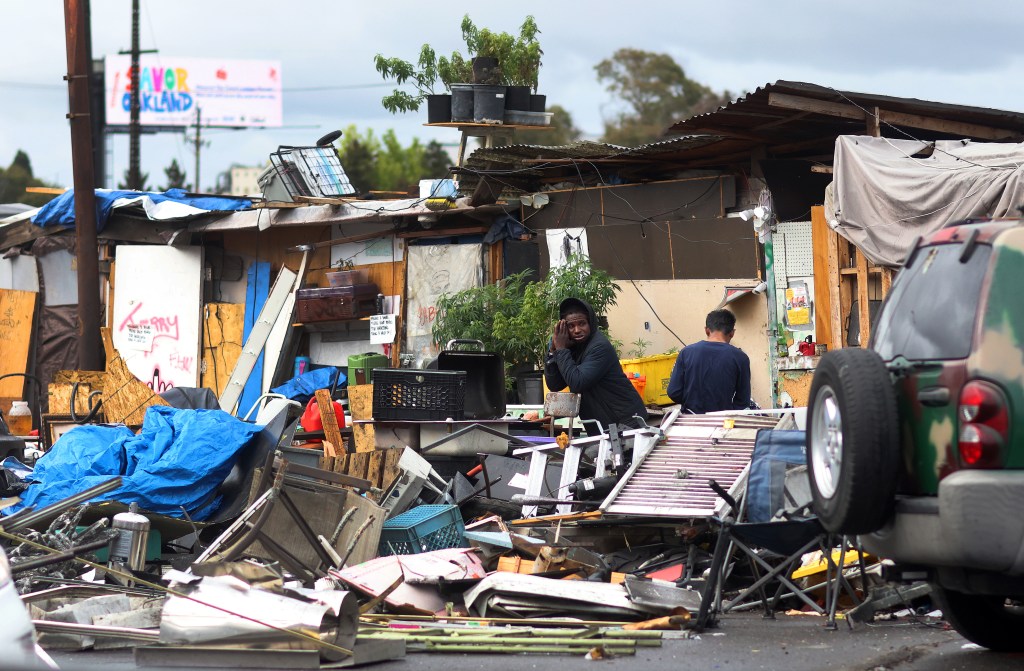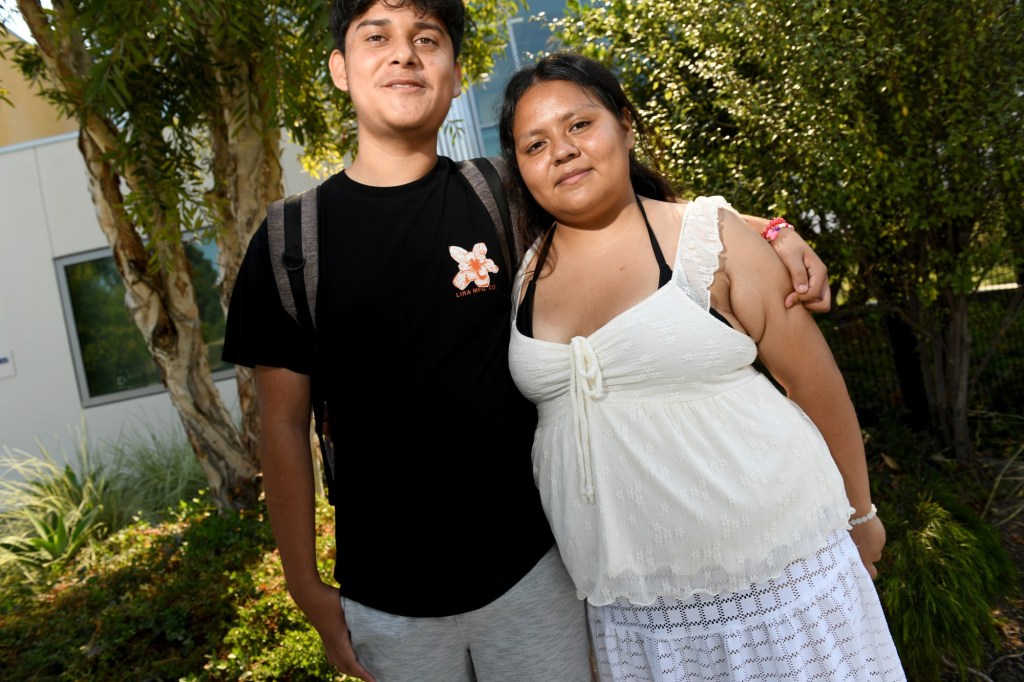
After a week of controversy over how Alameda County will spend its Measure W funds, the Board of Supervisors finally put the $1.8 billion debate to bed — but not before residents got their objections in.
Public input lasted for for hours at a special meeting on Wednesday, and Board President David Haubert had to extend the packed meeting by 30 minutes to allow for a final vote on the measure’s allocations.
Voters narrowly passed Measure W in 2020 with a simply majority. The measure was promoted as a funding source that would be used entirely for homelessness solutions in the county; it was challenged by the Alameda County Taxpayers Association, which claimed the measure was a “special tax” that should have required a two-thirds majority vote to pass. The California Supreme Court in April upheld an Appeals Court decision in favor of Alameda County, thus freeing up the Measure W Funds.
However, the board changed course this week, deciding to use 80% of Measure W money on homelessness and another 20% on other safety-net services such as food security and healthcare. In their final vote, supervisors also put $170 million of the $1.8 billion into an emergency reserve fund.
Many speakers expressed their frustration with the board’s decision during public comment.
Hang Mosier, an official for Satellite Affordable Housing Associates, a Berkeley-based homeless services provider, said the county “desperately” needs Measure W funds to fight homelessness, and that 80% of Measure W funds is not enough.
“We are thrilled to see the largest investment the county has ever made to address homelessness. The need is urgent and we need it now,” Mosier told the board. “We continue to ask the board to dedicate at least 90% of funds toward the outline in the Alameda County Home Together Plan.”
One resident of Supervisor Lena Tam’s District 3, who identified herself only as “Emily” from the Oakland Tenant’s Union, requested all of the money from Measure W go directly to homeless services.
“Despite the fact that the Measure W money is going to the general fund, it was presented to the voters as a measure to help with our massive homelessness problem,” she said. “If the board wants to continue to use the lower voter threshold that these types of measures allow, they need to retain the trust of the voters by using the money for what they say they were going to.”
While most speakers advocated for more money to directly support homeless residents and services, some were outspoken in requesting that funds be allocated to support landlords. This was met by boos from other attendees.
“What’s all this I hear about the real estate lobby requesting $175 million of this Measure W stuff? This is like a sick, trickle-down economic scheme. It’s paying wolves to empty the chicken house,” San Leandro resident Douglas Spalding told the board. “Why reward landlords for their bad behavior? After all, they are responsible, largely, for the unhoused, in terms of increasing rents, poor maintenance of their units, abuse and harassment of their tenants, and unjust evictions.”
County staff recommended that 58% of the funds go to the Oakland/Piedmont region, 16% to the Hayward, San Leandro and San Lorenzo, 11% to Fremont and the south county area, 10% for Berkeley and the north region and 5% for east county cities, based on their homeless populations.
The board is expected to come back at a later date and decide on whether to establish a $15 million Emergency Stabilization Fund that could support non profit affordable housing providers
<



